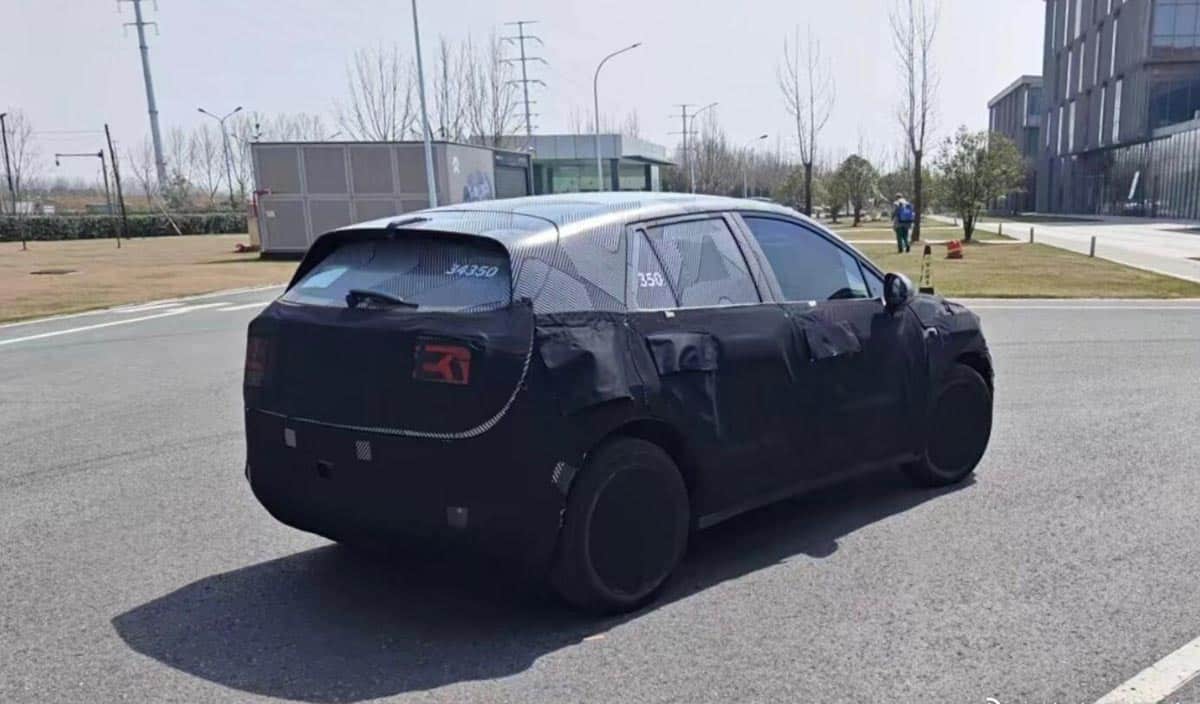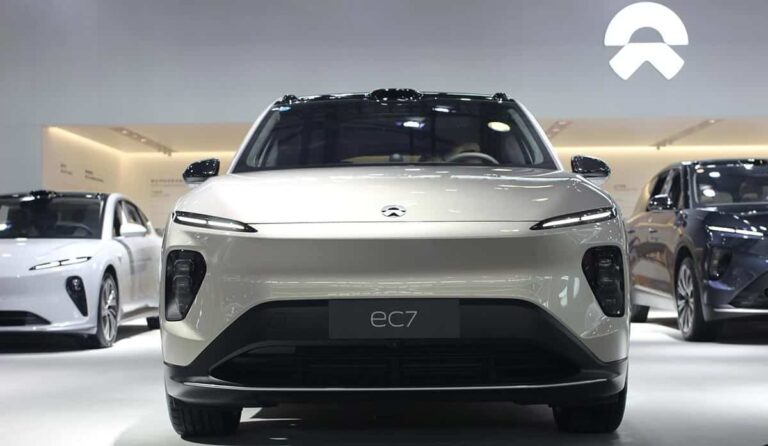The Firefly brand won't be able to use Nio's existing battery swap stations, it will have dedicated smaller stations, William Li said.

Nio (NYSE: NIO) founder, chairman and CEO William Li said the company's third brand, codenamed Firefly, will have dedicated battery swap stations, confirming for the first time in public that the new brand will not share existing stations with the Nio and Onvo brands.
The Firefly brand will not be able to use Nio's existing battery swap stations, it will have dedicated smaller stations, Li said at a user communication event yesterday, according to a video seen by CnEVPost.
The smaller stations have a simpler structure, about the size of a shipping container, and can offer products, including coffee, inside, Li said.
Nio officially launched the Onvo (Ledao in China) sub-brand on May 15 and began pre-sales of its first model, the L60. Onvo's internal codename is Alps.
The Onvo L60 is priced at RMB 219,900 ($30,260) for pre-sale, RMB 30,000 less than the Tesla (NASDAQ: TSLA) Model Y. It is expected to go on sale and begin deliveries in September.
In January 2023, Nio co-founder and president Qin Lihong confirmed the existence of the new Firefly brand at a user event, saying that the brand is targeting the small car as well as micro car market.
Firefly models would have a price range of RMB 100,000 to RMB 200,000, Qin said at the time.
For Nio, Firefly is the equivalent of Mini for BMW, Li said on March 14 in his first live broadcast on Douyin, a short-video platform.
Although the Firefly brand focuses on small cars, it will be based on the European five-star safety standard and support battery swap, he said.
Support for battery swap will make the purchase threshold for these models significantly lower, even though owners will have to pay a monthly fee for the battery.
Nio's main brand currently allows customers to buy vehicles without batteries under a BaaS (battery as a service) model, lowering the barrier to entry by at least RMB 70,000 yuan. They are required to pay a BaaS bill each month for the use of the battery pack.
On June 13, Nio put its first fourth-generation battery swap stations into service, marking the start of operations for its stations that can support multiple brands of vehicles without modifications.
The fourth-generation battery swap stations are more open and support servicing of multi-brand models with different sized battery packs, the company said last month.
The stations will be able to offer upgraded services to customers including Nio, Onvo and the company's battery swap partners, it said.
Nio's third-generation battery swap stations will need to be retrofitted to work with Onvo's models, at a cost of roughly RMB 200,000 to RMB 300,000 per station, Li said in a June 6 earnings call.
($1 = RMB 7.2673)
